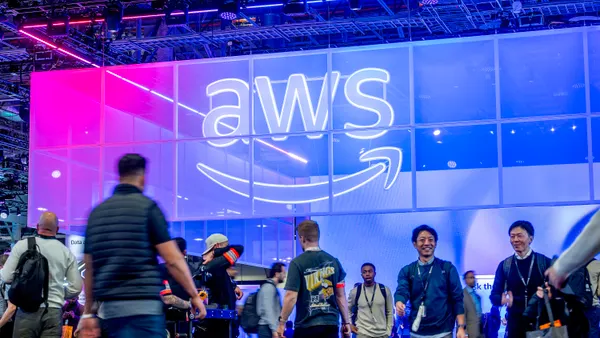Dive Brief:
- Over half (56%) of retail organizations have upped their generative AI investments compared to last year, according to a report by Capgemini.
- Retail is among the top five industries most advanced in adopting AI agents, with 18% having implemented AI agents or multiagent systems, according to the report.
- Across industries, around 40% of organizations tracking ROI expect to achieve positive returns from AI within one to three years.
Dive Insight:
Generative AI has dominated the retail landscape with its various use cases from content creation to consumer-facing tools and more. As companies like Walmart and Target lean further on generative AI, the tech is making its mark in both how customers interact with retailers and behind-the-scenes workflows.
“Gen AI and agentic AI have unique capabilities, making them suitable for specific, non-overlapping tasks,” Sahil Chandratre, head of strategy, analytics and consumer insights for Reliance Retail, said in a statement. “For example, Gen AI is capable of addressing front-end tasks like customer communication and scheduling, and agentic AI is great at handling backend and complex activities such as billing and reconciliation. Systematically deploying the two in relevant areas can lead to synergies and streamlined workflows.”
When H&M introduced an AI-powered HR agent to streamline recruitment and candidate experience, it reduced time-to-hire by 43%, the report found. Additionally, employee attrition decreased by 25%.
Deploying different uses for AI is a balance Walmart and Amazon, among other companies, have attempted to strike.
Walmart’s generative AI shopping assistant Sparky, announced last month, can summarize reviews and help shoppers plan purchases. Amazon continues to push its own generative AI, including by introducing its next-generation Alexa+ assistant in February. Overall, shoppers are increasingly buying from generative AI’s product recommendations.
Meanwhile, companies like Visa and Mastercard are racing to create agentic AI tools that will perform as personal shopping assistants.
The shopping journey has become far more automated than some consumers may prefer. A recent KPMG report found that some shoppers may not fully trust AI or be comfortable with advanced shopping technology, like allowing AI to analyze personal customer data.















